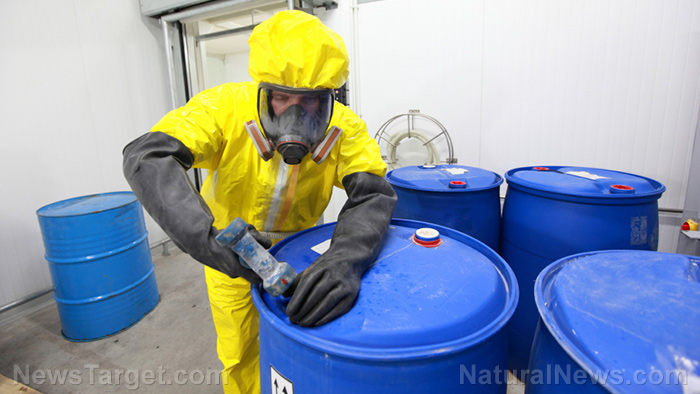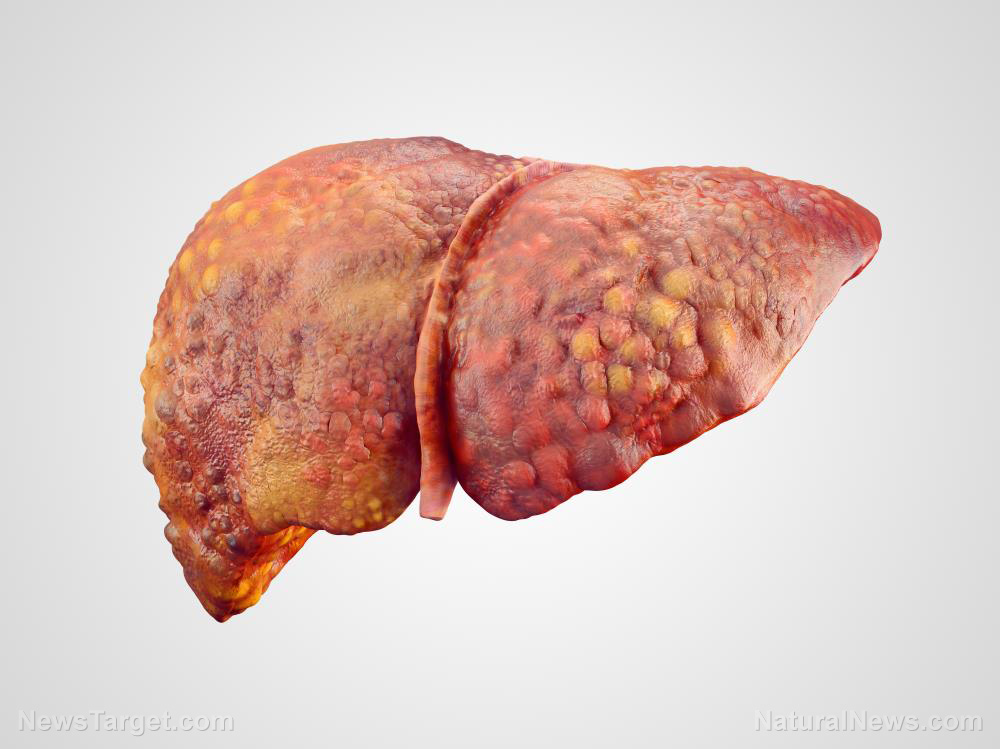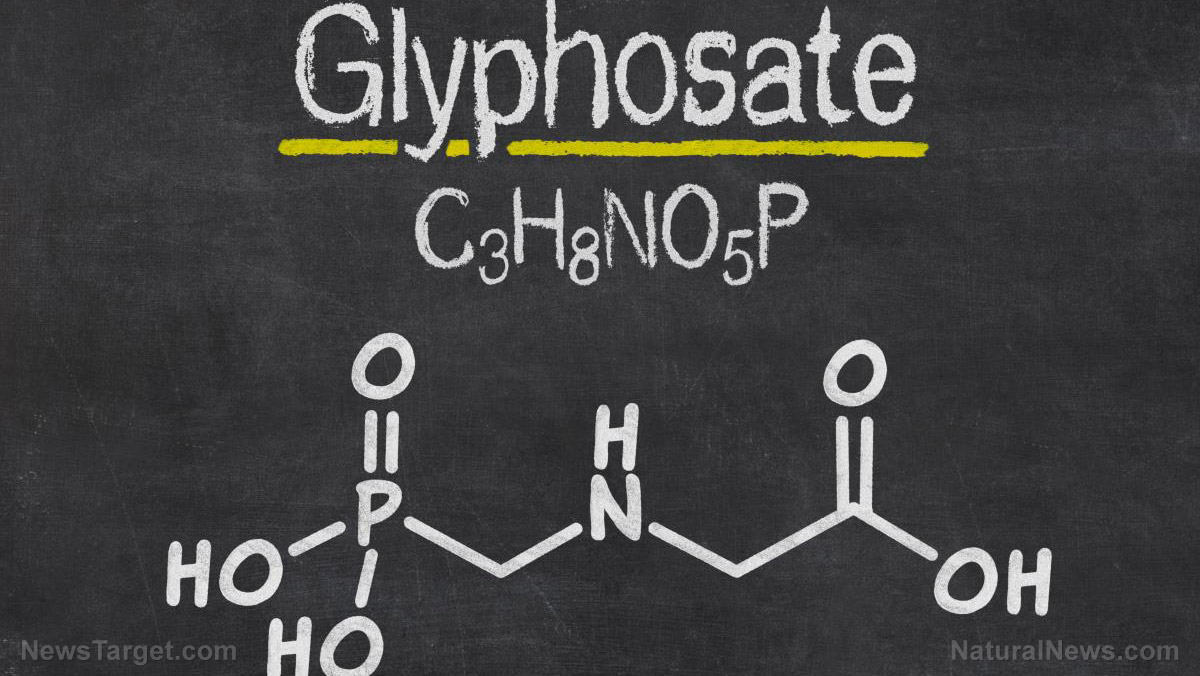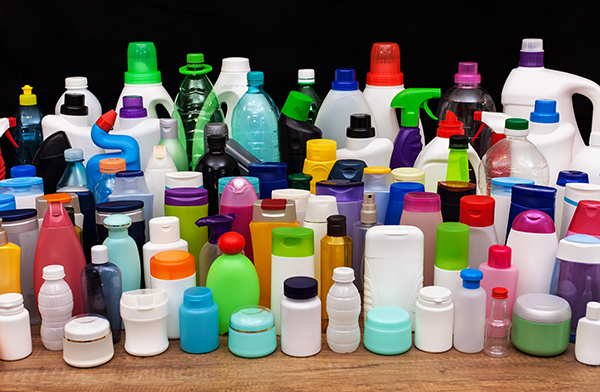FDA alerts public to deadly risks of “gas station heroin” as tianeptine overdoses surge
05/09/2025 / By Cassie B.
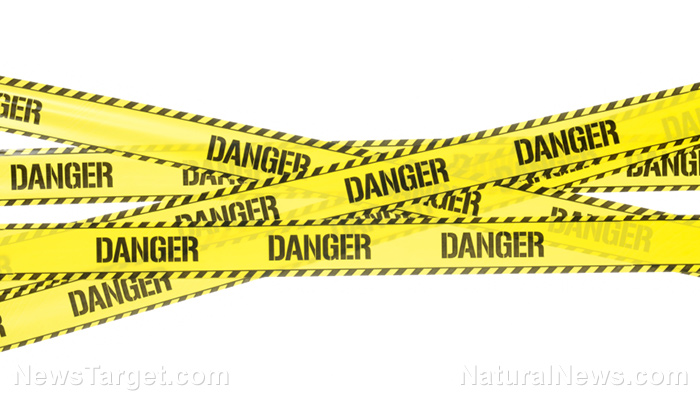
- The FDA warns about tianeptine, an unapproved drug sold as a supplement under names like Neptune’s Fix, linked to seizures, overdoses, and deaths.
- Marketed falsely as a mood booster and opioid withdrawal aid, tianeptine is a dangerously potent drug, with users often taking doses far exceeding safe limits.
- FDA Commissioner Dr. Martin Makary calls it a growing health crisis, stressing it is not approved for medical use and fails safety standards.
- Hidden ingredients like synthetic cannabinoids in tianeptine products worsen risks, causing cardiac issues, hospitalizations, and fatalities.
- Despite bans in some states, tianeptine remains widely available, with poison control cases surging, highlighting gaps in regulation and enforcement.
The U.S. Food and Drug Administration (FDA) is sounding the alarm on a dangerous, unapproved drug masquerading as a harmless supplement. Tianeptine, often dubbed “gas station heroin” for its widespread availability in convenience stores and online, has been linked to severe health crises including seizures, overdoses, and deaths.
Marketed under names like Neptune’s Fix, Zaza, and Tianaa, these products falsely claim to boost mood, cognition, and even treat opioid withdrawal. But behind the slick packaging lies a toxic threat, with some users consuming doses hundreds of times higher than prescribed abroad. The FDA’s new warning underscores a grim reality: unregulated tianeptine is fueling a public health emergency, yet it remains shockingly easy to purchase.
FDA Commissioner Dr. Martin Makary called tianeptine a “dangerous and growing health trend,” particularly for young people. The agency emphasized that tianeptine is not approved for any medical use in the U.S., nor does it meet safety standards for dietary supplements. Yet, vendors brazenly market it as a cognitive enhancer or opioid alternative. “Availability is not a measure of safety,” the FDA stressed, noting that consumers often mistake accessibility for legitimacy.
The risks are severe: respiratory depression, coma, and fatalities. Worse, routine drug tests often miss tianeptine, leaving ER doctors in the dark. The FDA has issued import alerts and warning letters, but products still flood the market. “Let’s be proactive in understanding and addressing the use of tianeptine products, which are available even to our nation’s youth,” urged Makary, referencing past failures to curb opioid and vaping crises.
Unlisted ingredients and other hidden dangers
Researchers discovered that Neptune’s Fix, a tianeptine-based elixir, contains synthetic cannabinoids not listed on labels. These additives heighten the peril, triggering cardiac irregularities, loss of consciousness, and hospitalizations. A 2024 New Jersey outbreak tied to the product spotlighted its lethality. The FDA reported “severe adverse events,” including deaths, yet distributors like Super Chill Products delayed recalls.
Tianeptine’s opioid-like effects also ensnare vulnerable users. Alabama resident Chrissy Reifschneider, who spoke to USA Today, described a harrowing addiction: “I didn’t recognize who I was anymore.” She suffered hallucinations, paranoia, and suicidal ideation after consuming gas-station pills.
Despite bans in 10 states, tianeptine slips through federal cracks. Unlike scheduled drugs, it’s sold as a “research chemical” or supplement, evading oversight. The FDA classifies it as an “unsafe food additive,” but enforcement lags. Meanwhile, poison control calls skyrocketed from 11 cases (2000–2013) to 389 in 2023 alone.
Psychiatrists warn of its opioid-like dependency as it acts on opioid receptors. Withdrawal mimics opioid cessation: sweating, diarrhea, and crippling cravings. Naloxone may reverse overdoses, but awareness is scarce.
The tianeptine crisis exposes gaps in consumer protection and the perils of deceptive marketing. As the FDA scrambles to curb distribution, experts urge vigilance: avoid unverified supplements, report adverse effects, and seek evidence-based treatments. For those struggling, resources like 988lifeline.org offer support. In an era of synthetic threats, the lesson is clear: just because it’s sold at a gas station doesn’t mean it’s safe.
Sources for this article include:
Submit a correction >>
Tagged Under:
Dangerous, drugs, Opioids, overdose, tianeptine, warning
This article may contain statements that reflect the opinion of the author
RECENT NEWS & ARTICLES
COPYRIGHT © 2017 POISON NEWS





